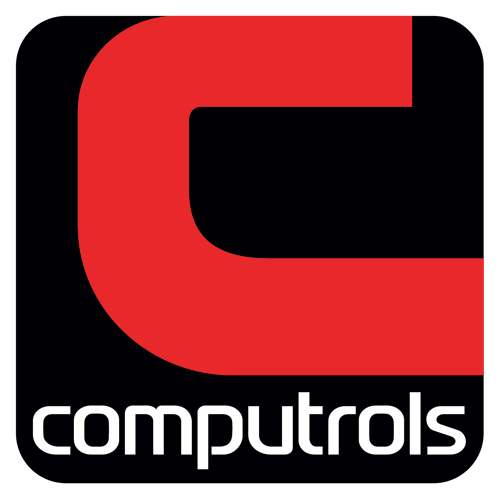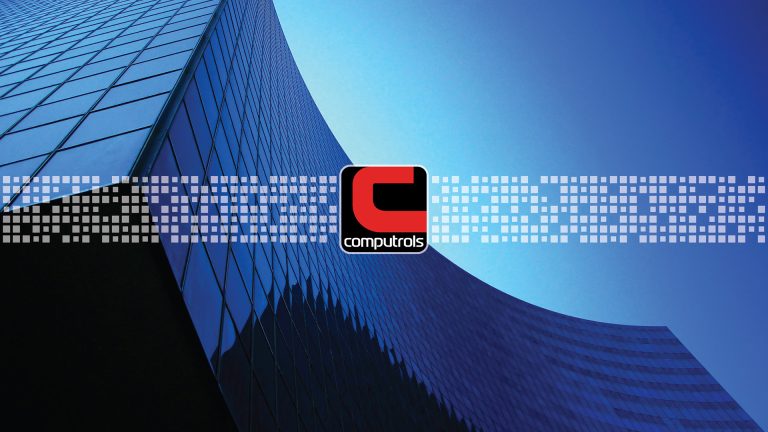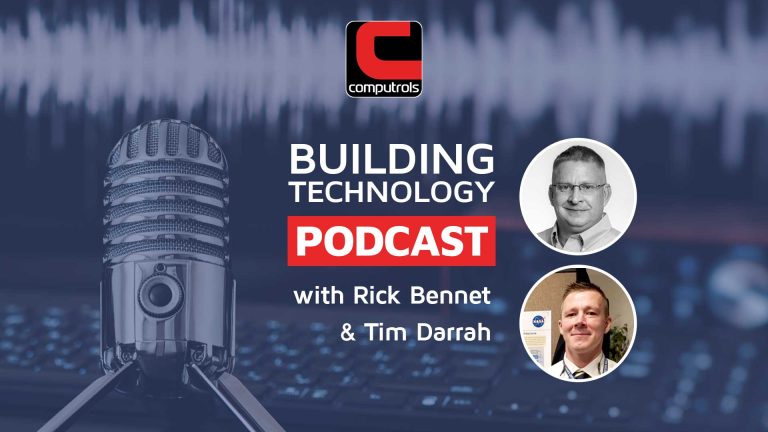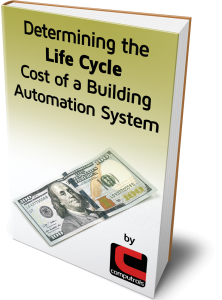With building automation technology advancing at an unprecedented pace, most industry professionals would probably identify the Internet of Things, wireless sensors, analytics, open source tagging, or BACnet as the greatest thing to happen to building automation in recent years. The piece of the BAS puzzle that is most frequently overlooked though is the facility manager. Now, not every facility manager falls into this category. In fact, it’s likely that less than half of those who hold this title are truly an asset to their facility’s building automation system. We call these select individuals “self performers,” and they are the greatest thing to ever happen to building automation.

Who is a self performer?
A self performer is a facility manager who does not want to be dependent on vendors to make his facility the best it can be. He ensures the optimal performance of his facility by utilizing his knowledge of facility management and the daily operations of the building and gets the most out of his systems and staff. This individual knows his building inside and out, including the occupants that inhabit the environment that he is responsible for on a daily basis.
Why do they matter to building automation systems?
Although building automation systems vary in some ways, they all essentially execute the same functions. BAS 1 and BAS 2 may look different on the front end, but at the end of the day, they both modulate dampers and start air handling units. Although there are features and benefits of systems that make some brands superior at the end of the day it is the individuals who operate the BAS that make it truly effective.

Self performers are able to manipulate their HVAC, access, and lighting systems through their front end BAS software and replace/add hardware in the field. As simple as this sounds, this is often not the case. In many buildings, facility personnel are hesitant to touch anything related to the BAS, rather, they will make a service call to a technician to make even the smallest changes. Now, this isn’t all bad. The technician will be more knowledgeable in troubleshooting software and hardware, but not have the facility manager’s knowledge of the building’s daily operations.
Armed with years of experience in a particular building, a facility manager may know that one side of the building heats up at the end of the day as it gets more sunlight. He may know that the fifth floor tenant gets in the office early on Mondays and leaves early on Fridays.. This kind of information that can only be gathered through experience is integral to ensuring the effectiveness of a building automation system. There is simply no substitute for this knowledge.
How can we create more of them?
Self-performing building engineers are a dying breed. Many are nearing the age of retirement and there are simply not enough new engineers to replace them. With that said, the building automation industry should give all facility managers the tools they need to become self performers.
Simplicity

This starts with creating a building automation system that is meant to be operated by facility managers. When building automation systems became prominent in the 1980s, most BAS manufacturers built systems that could only be operated by their technicians. In fact, many of the front ends found in buildings at that time were only for monitoring. Facility engineers couldn’t make changes even if they wanted to. We live in a different world today. All products, including those created for commercial use, need to be user-friendly. Facility managers need to feel comfortable navigating and making changes in BAS software if they are ever going to become self performers.
Start from day zero
Helping facility engineers become self performers with their BAS starts with the installation. Team members should take turns observing how controllers get installed so that, in the case of a failure, they can replace the hardware themselves. Facility managers should also have a heavy hand in writing the sequences for the building’s operations. As previously mentioned, they have experience with the building that no technician can replicate. The review and writing of new logic should be a team effort, creating the most effective sequence of operations and giving the facility manager hands-on experience with driving the system.
Training

Learning something new can be challenging to begin with, so keep it as simple as possible. Start with the basics and keep training sessions in short intervals. This gives the facility manager an opportunity to absorb the information and try it out for himself. If you have 20 hours of training scheduled, spread it out over a two-week period and record the sessions to be referenced later on.
Ongoing training and support is a must. After a facility engineer has become accustomed to driving the system, further training sessions and support can go into greater detail. Whether it be through webinar, in-person training, or phone support, facility managers must get this ongoing reinforcement to be a true self performer.
Self performers are always interested in learning more about the latest technology that can improve their facility. They should be kept informed on what is coming down the pike in terms of new technology but also given an honest assessment of whether or not the technology is proven and ready for implementation. Practical use should be assessed prior to looking at the potential benefits.
If you build it, they will come
To some degree, we are all a product of our environment; Self performers are no different. These individuals have a desire to take things into their own hands and get it done right, and if given the right support, they can create more value for a BAS and a facility as a whole than any new technology can. With all that said, the number of facility managers is dwindling causing minimal staffing in many cases. Without the bandwidth to become a self-performer, it’s likely these facility managers will remain dependent on their BAS company to run their facility.




